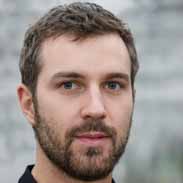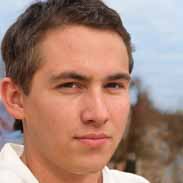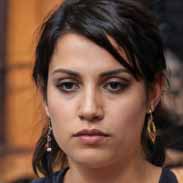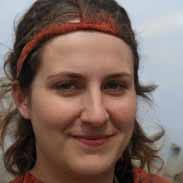Word Flashcards, test questions and answers
Discover flashcards, test exam answers, and assignments to help you learn more about Word and other subjects. Don’t miss the chance to use them for more effective college education. Use our database of questions and answers on Word and get quick solutions for your test.
What is Word?
William Wordsworth was an influential English Romantic poet. He is best remembered for his lyrical poetry, which focused on nature and the natural order of life. His most famous works include The Prelude, Ode: Intimations of Immortality from Recollections of Early Childhood and Lines Written a Few Miles Above Tintern Abbey.Wordsworth’s childhood spent in the Lake District had a great influence on his later works. The Lake District provided him with inspiration for many of his poems and he often wrote about its beauty, describing it as a place filled with joy, peace and natural wonders that could never be found in cities. He was also heavily influenced by the events surrounding the French Revolution which occurred during his lifetime. He believed strongly in social justice and political reform, themes which are present throughout much of his work.Wordsworth’s writing style was unique among other poets at the time he preferred to use simple language rather than complex metaphors or elaborate descriptions. This allowed him to express himself more directly while still conveying deep messages within his work. He also favored shorter lines over longer ones, making each poem easier to understand but no less meaningful or powerful than those written by others who used more extravagant words or phrases. Wordsworth’s greatest contribution to literature may be seen in how he changed people’s attitudes towards nature before Wordsworth, nature was portrayed as something frightening and mysterious but through Wordsworth’s work people began to appreciate it more deeply as something beautiful and tranquil that should be cherished instead of feared or ignored. His legacy has had such an impact on our understanding of nature even today that some have referred to him as the father of modern ecology.























